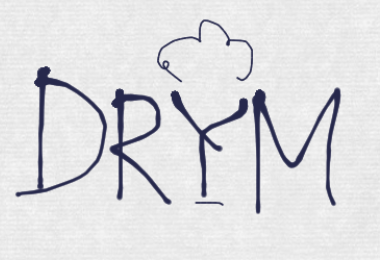Many things about ABE sound hard to believe because conventional interpretations of them often entail contradictions. The title of this post is one such truism about ABE. Yet, the sentence means exactly what it says and exactly what you really think it means. I’ve been planning to write this post for a long time, but it wasn’t until I received an invitation to give a talk on ABE a couple of months ago that I set aside some time to develop the ideas behind it. How could ABE allow us all to have the best things?
The central premise is that we struggle (or at least despair) daily to address multitudes of systemic problems, when in reality there is only one problem we need to solve — the problem of value, and, as part of that, the problem of money. Solving this one problem solves everything.
ABE provides a new answer based on two key insights:
- The first, that the origin of money (in quantity) should be in created value, thus enabling it to measure that value.
- The second, describing the kind of value that is measurable: value simply that we agree on (dialectical value).
These twin insights change everything. We really cannot overstate their importance, simple though they appear on the surface. With the power to address problems as diverse as hunger, homelessness, technological innovation and climate change, there are few things outside their reach. But I’ll just let you watch the talk to learn all about it!
